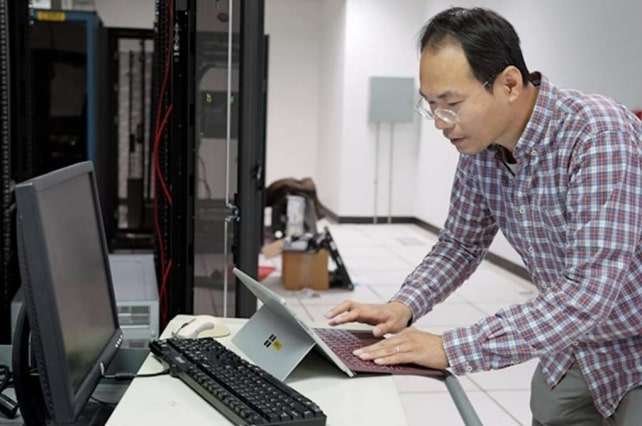Start of the Fully Fault Tolerant Age of Quantum Computers
Without full fault tolerance in quantum computers we will never practically get past 100 qubits but full fault tolerance will eventually open up the possibility of billions of qubits and beyond. In a Wright Brothers Kittyhawk moment for Quantum Computing, a fully fault-tolerant algorithm was executed on real qubits. They were only three qubits but …











